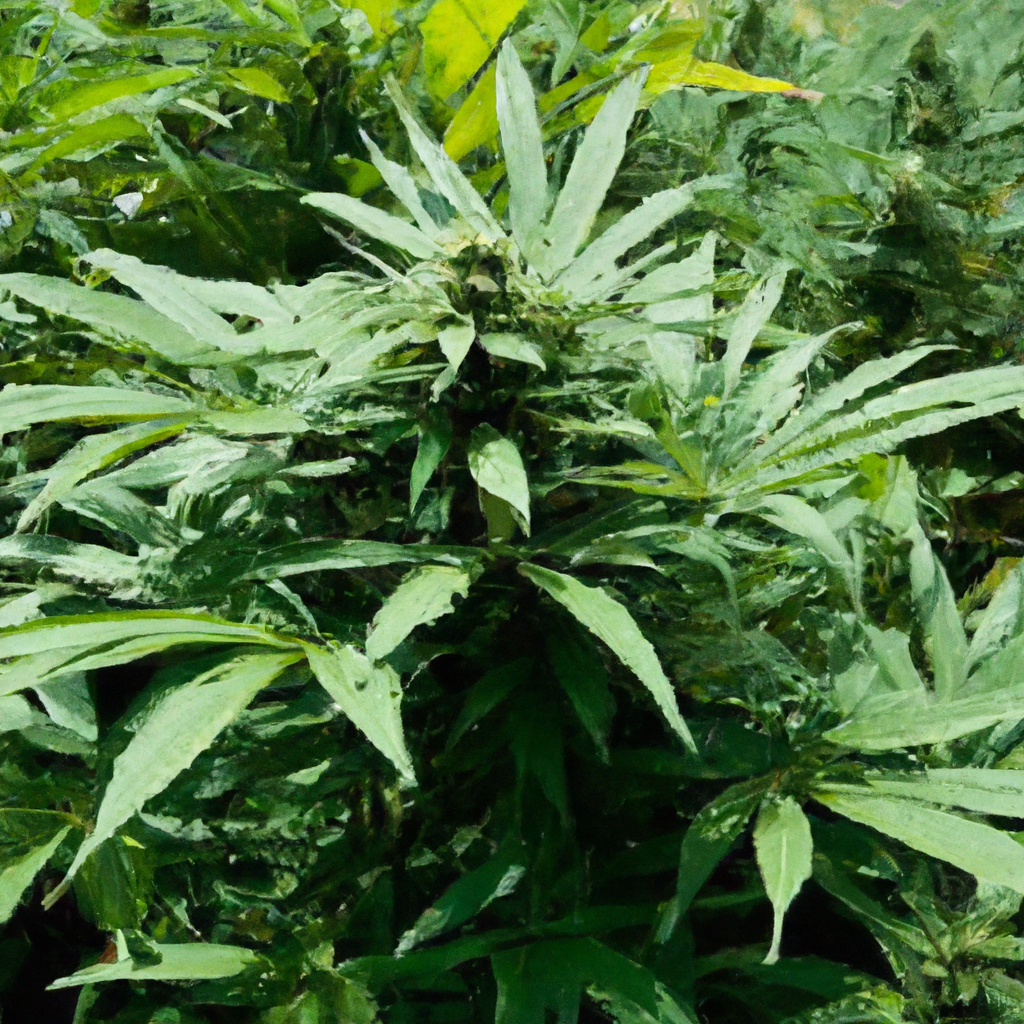Your cart is currently empty!
Organic cannabis cultivation is more than just a trend; it’s a commitment to quality, sustainability, and health—for both the environment and the consumer. By implementing natural ecosystems into your growing practices, you not only enhance yield but also contribute positively to our planet’s health. This article delves into the best practices for organic cannabis growth, focusing on natural fertilizers, compost use, pest management, and eco-friendly strategies.
Building a Healthy Soil Ecosystem
A thriving soil ecosystem is foundational to successful organic cannabis cultivation. It starts with understanding the intricate web of microorganisms that live in the soil and how they interact with your plants.
- Composting: Use kitchen scraps, garden waste, and other organic matter to create a rich compost that will provide essential nutrients to your cannabis plants.
- Microbial Additions: Introduce beneficial microbes to your soil which can help in breaking down organic material, enhancing nutrient uptake, and improving disease resistance.
- Cover Cropping: Grow a variety of cover crops to naturally aerate the soil, fix nitrogen, and prevent weed growth.
Avoiding Synthetic Chemicals
Synthetic chemicals can be harsh on both the plant and the environment. Here are some natural alternatives:
- Natural Fertilizers: Use bone meal, worm castings, and other organic amendments to provide a slow-release source of energy.
- Mulching: Apply a layer of organic mulch around your plants to retain moisture, suppress weeds, and add nutrients back to the soil as it decomposes.
Effective Natural Pest Control
Protecting cannabis plants from pests without chemicals requires integrating natural solutions into your growing practices.
- Beneficial Insects: Encourage or introduce insects like ladybugs to control aphids and other harmful pests.
- Neem Oil: An effective natural insecticide and fungicide, neem oil can deter pests while not harming beneficial insects when used correctly.
- Companion Planting: Grow certain companion plants that repel pests and attract beneficial insects.
Benefits of Organic Cannabis
Growing cannabis organically offers numerous advantages:
- Environmental Impact: Reducing chemical usage conserves biodiversity and prevents water pollution.
- Consumer Health: Organically grown cannabis is free from synthetic pesticide residues, promoting better consumer health.
- Product Quality: Organic practices often lead to richer terpene profiles and enhanced flavors, providing a superior consumer experience.
Conclusion
Incorporating natural ecosystems and organic methods into your cannabis cultivation not only supports environmental sustainability but also results in healthier, higher-quality plants. By focusing on what nature already does best, you can master organic growing and contribute positively to your community and the planet.
Embrace organic practices and discover the profound benefits of growing cannabis the natural way.


Leave a Reply